Industrials
[INTERVIEW] Korea can tap strong urban development needs in Gulf: CEO
[THE INVESTOR] With their competitive edge in building infrastructure, South Korean companies can tap the growing needs of urban development in the Persian Gulf region, a Qatari bank CEO said.
Raghavan Seetharaman, CEO and president of Doha Bank Group, recently visited Seoul to hold a seminar for Korean builders and financial firms interested in investing in the region.
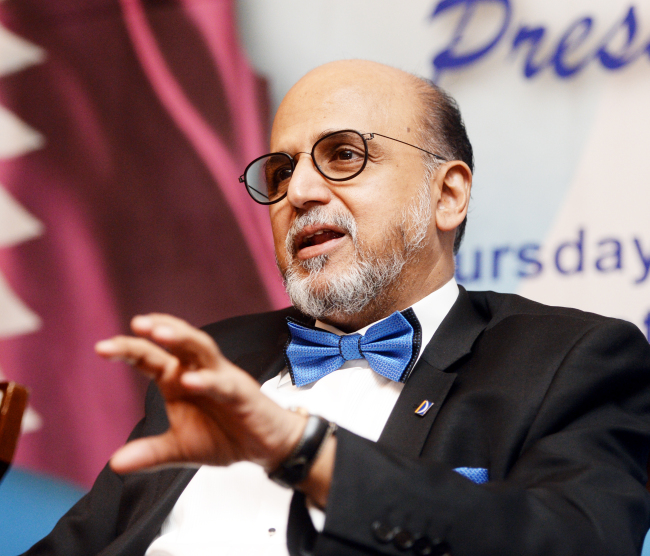 |
Raghavan Seetharaman, CEO and president of Doha Bank Group, speaks during an interview with The Korea Herald in Seoul, Feb. 16. Park Hyun-koo/The Korea Herald |
“It is the strength of Korea -- building, contracting, procurement, supply chain systems and logistics for airports, roads, rails, sea ports and stadiums,” Seetharaman said during an interview with The Korea Herald.
“We need modernization of infrastructure and a strong urban development.”
In particular, Qatar is currently preparing for the hosting of the 2022 FIFA World Cup and Korean conglomerates are exploring opportunities in building sports stadiums, transportation networks and hotels, he said.
“Samsung is going to participate in (the) 2022 World Cup and complete their electronic digitization (for displays at airports and stadiums,” said the Indian banker, who ranked sixth in the Forbes’ Top Indian Leaders in the Arab World 2015 list.
The Qatari government is expected to spend about 21 percent of its total 2017 budget on infrastructure, according to Seetharaman.
Doha Bank has four business groups -- wholesale banking, retail banking, international banking, and treasury and investments. Qatar Holding LLC, a subsidiary under Qatar’s sovereign fund Qatar Investment Authority, is the largest shareholder of Doha Bank with a 16.7 percent stake.
Since taking office as the bank’s head in 2007, the banker has scaled up Doha Bank’s global footprints by expanding the bank’s presence to 16 countries including the United Arab Emirates, India, China and South Korea.
Seetharaman stressed that the Gulf Cooperation Council -- consisting of all Arab states of the Persian Gulf, except for Iraq -- is gradually turning away from hydrocarbon-based economies that mainly use petroleum, carbon and natural gas for energy.
“Now, 42 percent is non-hydrocarbon in Qatar. In Saudi Arabia, it will be 50-50 by 2020,” he said.
Such diversification in energy use in GCC states will lead to new strategic alliances between Qatar and South Korea, he said.
There are about 40 Korean companies in Qatar and Doha Bank will support small and medium-sized Korean firms through Qatar Development Bank programs that guarantee the bank’s lending for such SMEs, the banker said.
By Kim Yoon-mi/The Korea Herald (yoonmi@heraldcorp.com)


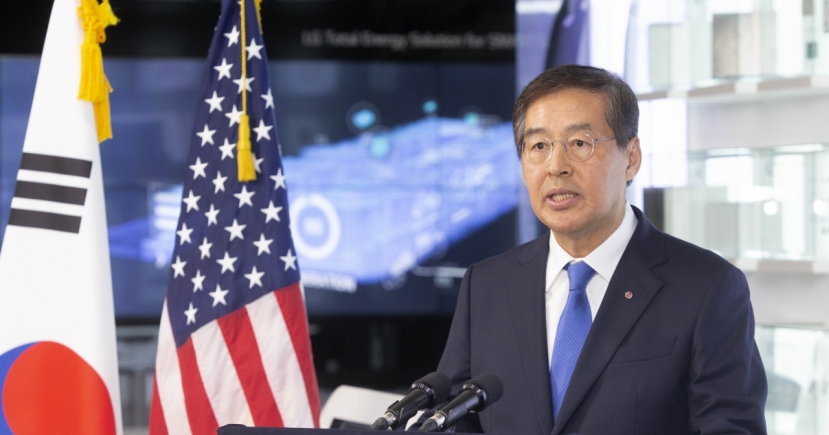
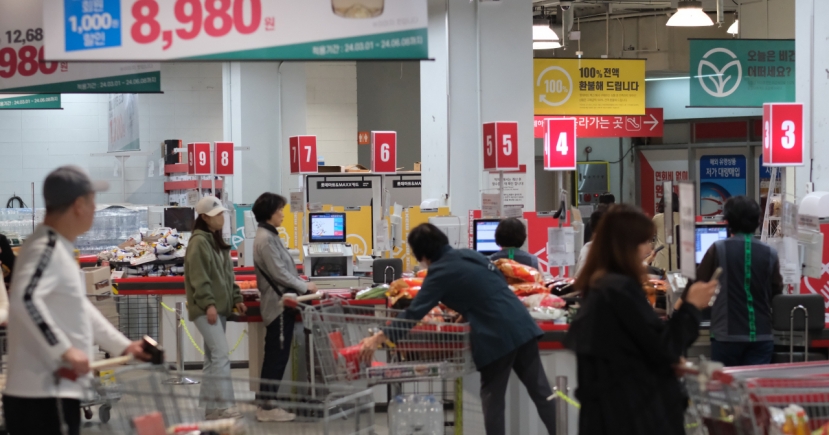
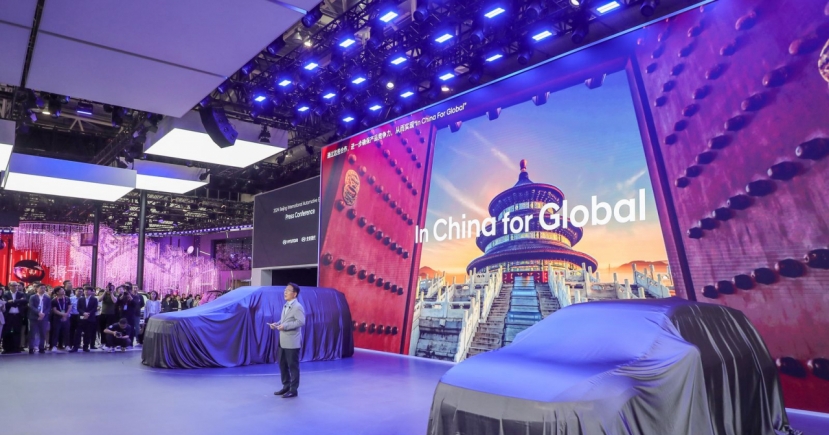
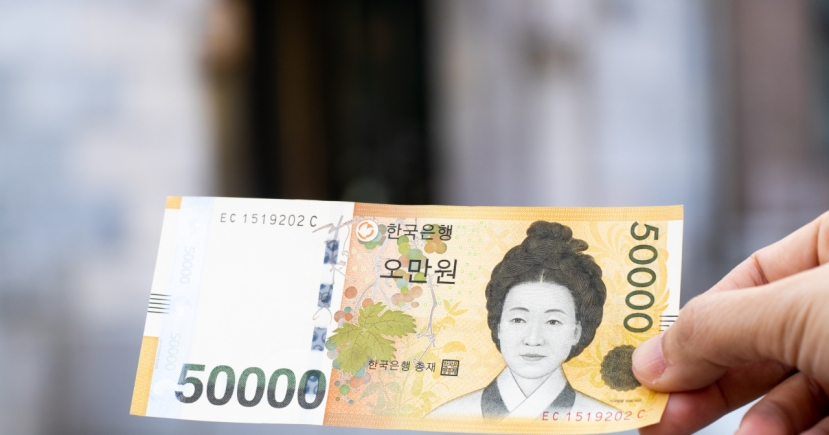
![[KH Explains] Korean shipbuilding stocks rally: Real growth or bubble?](http://res.heraldm.com/phpwas/restmb_idxmake.php?idx=151&simg=/content/image/2024/04/25/20240425050656_0.jpg)
![[Hello India] Hyundai Motor vows to boost 'clean mobility' in India](http://res.heraldm.com/phpwas/restmb_idxmake.php?idx=151&simg=/content/image/2024/04/25/20240425050672_0.jpg)
